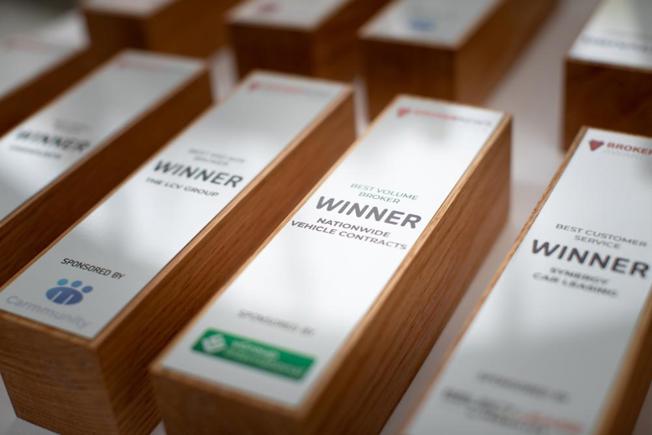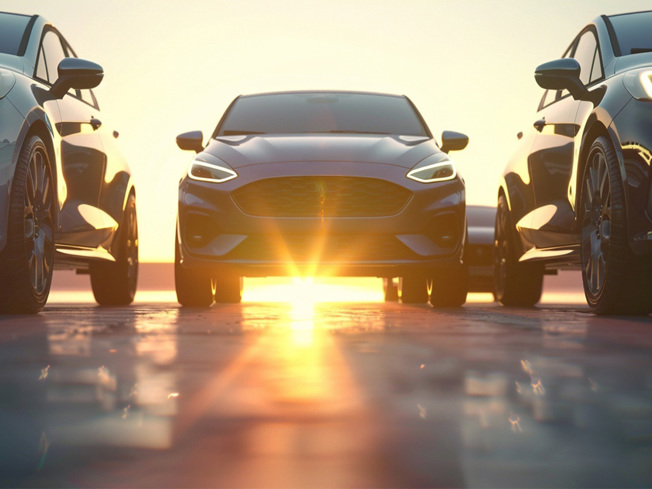Is my personal contract hire agreement covered by the FCA Motor Finance redress scheme?
By Alex | 4th December 2025
Mon-Fri 9am to 5.30pm
Catch all the latest news from Nationwide Vehicle Contracts from leasing information and car launches to international shows, FAQs and more.

By Donna | 31st December 2025
Nationwide Vehicle Contracts has closed 2025 with its strongest awards season to date.

By Fergus | 22nd October 2025
Explore the discontinued cars Brits miss most, from the Ford Fiesta to the Fiat Punto.